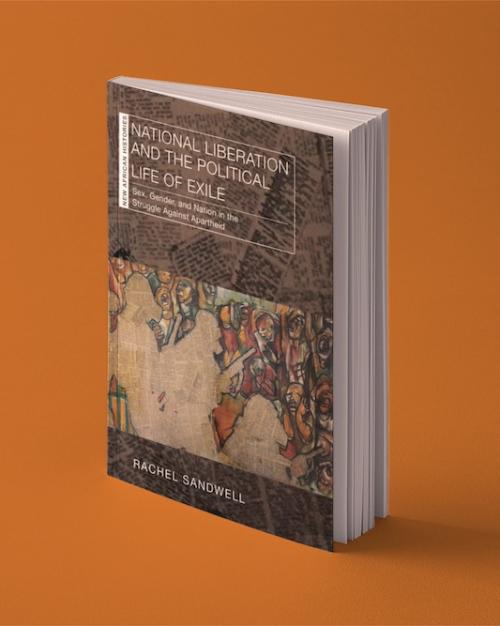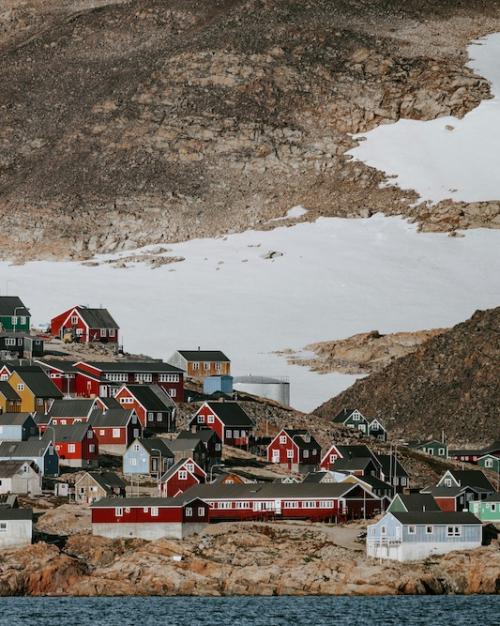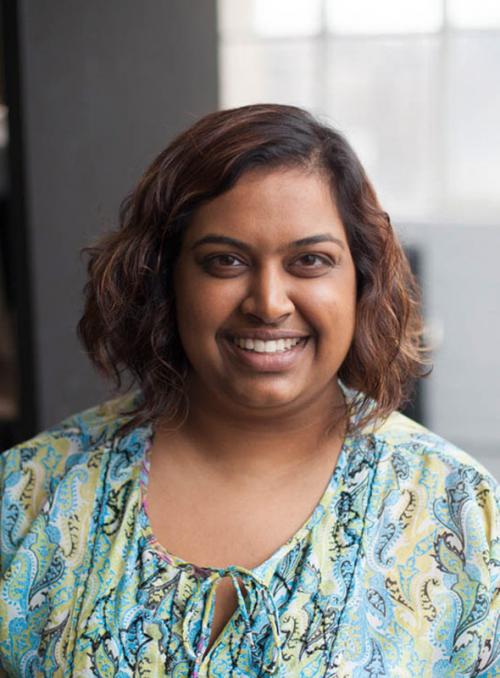Swati Sureka '15
Major: Biological Sciences and Chemistry & Chemical Biology
Hometown: Jacksonville, FL
Why did you choose Cornell?
I visited and loved the campus, but what really pushed me to choose Cornell was the breadth and flexibility that the school, particularly the College of Arts & Sciences, offered. I really felt like I could study anything I wanted here and accommodate a lot of diverse interests.
What is your main Cornell extracurricular activity -- why is it important to you?
My main activity has been the Cornell Genetically Engineered Machines (iGEM) team. This organization has provided me with an incredible breadth and depth of opportunity. I've gotten to develop really novel biotechnology, including a functional prototype for an arsenic biosensor and a standardized toolkit for engineering complex fungi. The team gave me the opportunity to become an independent scientist and a student leader.
What was your most profound turning point while at Cornell?
Towards the end of my junior year, I realized that I didn't necessarily want to pursue an academic research career anymore, but really had no idea what else I wanted to do. After several months of talking with advisors and searching through different opportunities, I found that I wanted to pursue a career in management of environmental biotechnology. It's been really refreshing to keep expanding my interests and skills past my technical focus.
What, if any, Cornell-related scholarships/special financial benefits did you receive?
I've received significant financial aid during my time here, including the Harold Tanner Dean's award and research grant, along with several named scholarships from our very generous alumni!
What accomplishments/activities are you most proud of while at Cornell?
I am of course really proud of the incredible things that the iGEM team has been able to accomplish, as I mentioned before. I'm also really proud that we were able to establish a peer advising program in the chemistry department and begin to establish a student support network for all chemistry undergraduates.
What, if any, research projects did you participate in at Cornell?
I worked in the Flecker lab in Ecology & Evolutionary Biology for a semester, investigating nutrient retention and behavioral boldness in different populations of Trinidadian guppies. For the last three years, I've been a researcher in the Luo lab in Biological & Environmental Engineering, developing and modifying DNA materials for in vitro protein expression. Apart from that, I conducted several research projects with the iGEM team.
What Cornell memory do you treasure the most?
I find it impossible to pick just one, but I really treasure the time I spent as the vice president of Alpha Chi Sigma, getting to know my future brothers and making some of my closest friends in the process.
Who or what influenced your Cornell education the most? How or why?
I'm going to steal a line from Steve Squyres here and say it's Cornell's spirit of adventure. I can't count the number of times that I've gotten excited about a new idea and wanted to try it, not really knowing how it would turn out, and been met with other Cornellians' support and enthusiasm. From students, faculty, and Cornellians everywhere, I really get the feeling that we can start with a crazy idea, do meaningful work and have tangible impacts if we step outside our comfort zones. This spirit has expanded my view of what's possible and what I hope to learn and accomplish.
How did any of your beliefs or interests change during your time at Cornell?
My interests have continuously evolved throughout my time at Cornell -- I came in thinking I wanted to study neural language development, but through my coursework for the biology major, I discovered my love for chemistry and molecular biology. As I learned more about the world and various issues, I've also developed opinions on many political and social issues that I never really paid attention to before.
What do you value about your liberal arts education?
I love that it makes me think in different modes -- I can go from modeling molecular vibrations to comparing civil rights movements on opposite sides of the globe, and find that both are helping me understand the wotld around me in vastly different ways.
What are your plans for next year; where do you see yourself in 10 years?
I will be getting a Master's degree in Management of Bioeconomy, Innovation, and Governance at the University of Edinburgh next year. I have not yet decided what I want to do after that, so I really couldn't say where I'll be in 10 years, but I want to be working in the environmental biotech industry.




